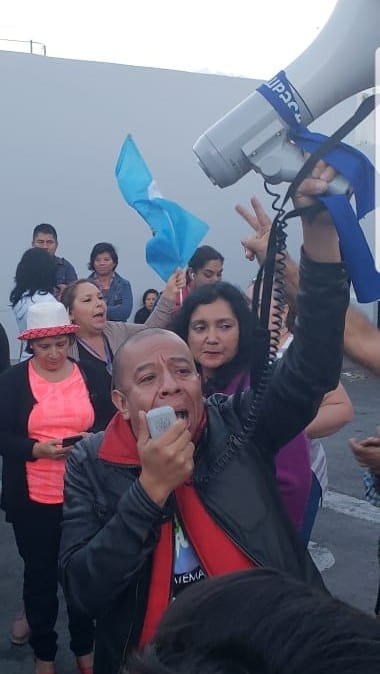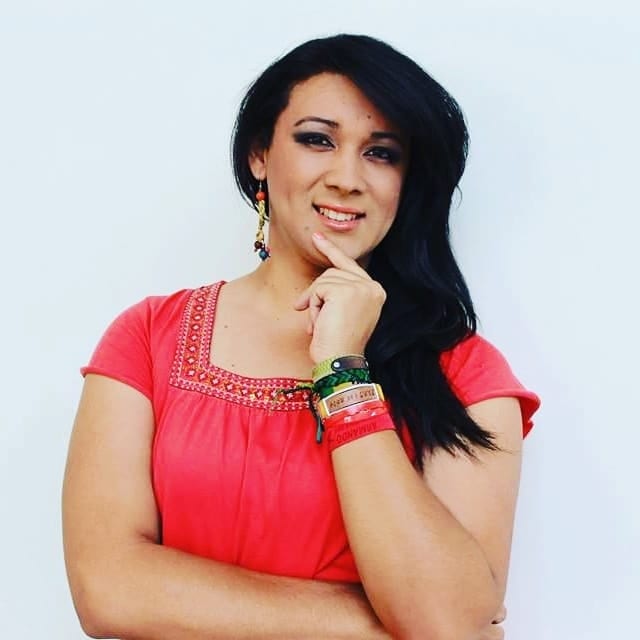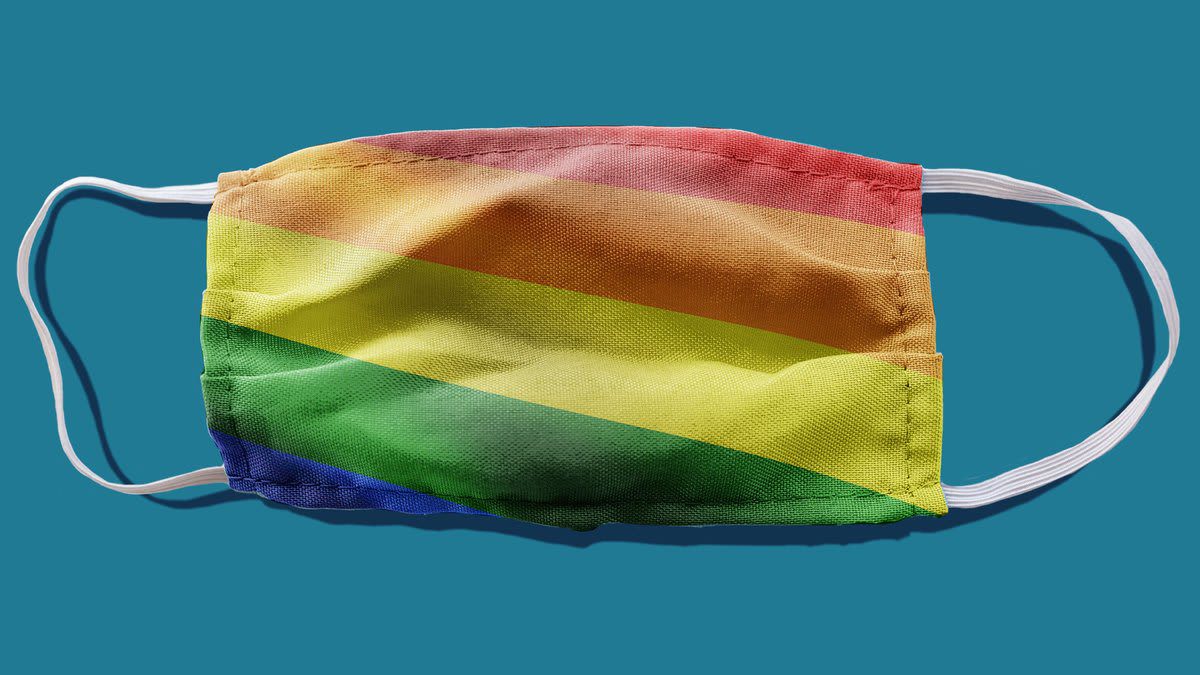
At the start of this year, former Victory Institute trainee Aldo Dávila took his seat as Guatemala’s freshly-elected, first openly gay Congressman. Four months into his term, Congressman Dávila’s record already includes standing up to the nation’s Health Ministry by demanding more serious action in the face of the current coronavirus pandemic. He further called upon Vice-Minister of Health Rodolfo Galdámez to exhibit deeper respect following the latter’s hour-late appearance to a meeting with the Congress’ Human Rights Commission.
Congressman Dávila’s March speech, streamed on Facebook, came in response to the Guatemalan Health Ministry’s coronavirus prevention campaign. The nation experienced its first confirmed case on March 13; shortly after, the Health Ministry prohibited gatherings of over 100 people and suspended schools for three weeks. However, Congressman Dávila believes the Health Ministry’s campaign leaves out two specific populations. He condemned the campaign’s erasure of indigenous populations, as he stated, “There has been no campaign [of coronavirus prevention] in indigenous languages.” Further, the Health Ministry has only spread information via social networks, which Dávila questioned: “How are we reaching people without smartphones?” He shared his concern for Guatemalans without internet access, who therefore cannot access the Health Ministry’s campaign.
This speech typifies Dávila’s and other LGBTQ elected officials’ legislative actions; they regularly fight for marginalized communities across the board. In addition to providing a voice to indigenous communities and populations without internet access, Congressman Dávila has spent his career as a health issue activist, demanding increased accessibility to HIV medicines in public hospitals.
Despite his courage in office, Congressman Dávila shared that he unfortunately experienced discrimination based on his sexual orientation from his colleagues in Congress. His fellow legislators traded insults regarding his gay identity behind his back. One Congressman, Edwin Noé Lux, exhibited his support of Dávila by requesting the Board of Congress formally investigate the homophobic comments, and hold a vote of no confidence for the legislators implicated. Lux further asked that the homophobic acts be condemned by Congress. Though 35 members of Congress voted in support, 78 voted against the investigation, and Dávila expressed intent to follow up with further legal action.
Congressman Dávila’s strength highlights the importance of LGBTQ representation in elected office. The more LGBTQ leaders that get elected, the more activists in legislative bodies can stand up for LGBTQ populations both in Congress and across each nation. Their representation educated the general population on LGBTQ issues and actively works against homophobia and transphobia.
Congressman Dávila’s long preparation for his current Congressional position fighting for equal rights in Guatemala was significantly bolstered two years ago, when he attended Victory Institute’s Central America Leadership Academy in Honduras. Victory Institute’s international work provides outstanding LGBTQ leaders like Dávila the training and support necessary for successful campaigns. Through Victory Institute’s trainings, activists can increase representation and fight for LGBTQ rights across the globe.

